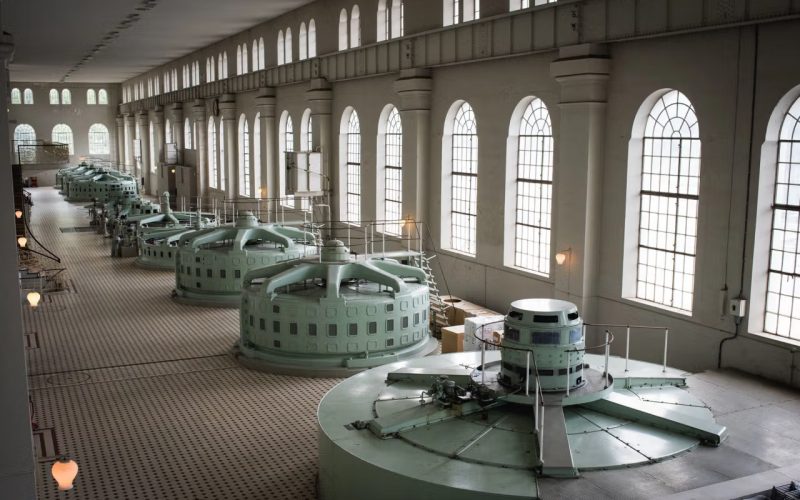A major carbon removal consortium backed by tech giants Google and Meta has signed a landmark agreement with Hafslund Celsio, Norway’s largest energy-from-waste (EfW) facility, situated just outside Oslo.
The agreement, facilitated through the Frontier initiative, will support what is being hailed as the world’s first retrofit of an EfW plant specifically for carbon removal. Under the offtake arrangement, Frontier will pay Hafslund Celsio $31.6 million (approx. £25 million) to remove 100,000 tonnes of CO₂ between 2029 and 2030.
While precise timelines for the retrofit have not yet been disclosed, the project marks a significant step in Europe’s carbon capture and storage (CCS) ambitions. The Hafslund Celsio facility currently processes 350,000 tonnes of residual waste annually, producing both biogenic CO₂ from organic material and fossil CO₂ from materials such as single-use plastics.
“This is a no-brainer solution for managing pre-sorted, residual waste,” said Hannah Bebbington, Head of Deployment at Frontier. “Retrofitting waste-to-energy plants with carbon capture not only produces carbon-free energy but also removes CO₂ directly from the atmosphere. Hafslund Celsio is set to lead the way, creating a roadmap for the continent’s 500 EfW facilities to follow.”
The planned carbon capture unit at the site is expected to extract both types of CO₂ emissions. Hafslund Celsio estimates the retrofit could ultimately capture up to 175,000 tonnes of biogenic and 175,000 tonnes of fossil CO₂ annually.
Once captured, the carbon will be transported to the Northern Lights carbon storage facility—part of Norway’s flagship Longship CCS initiative—for permanent storage 2,600 metres beneath the North Sea seabed. The Northern Lights project is scheduled to begin operations in summer 2025.
Jannicke Gerner, Director for CCS and Carbon Markets at Hafslund Celsio, underscored the broader significance of the deal. “This agreement with Frontier not only makes the project viable but also sets a precedent that can be replicated across Europe to remove millions of tonnes of CO₂,” she said.
Frontier argues that the retrofitting model offers a scalable and cost-effective climate solution, thanks to the existence of much of the required infrastructure. Across Europe, approximately 500 EfW plants could be eligible for such upgrades, potentially enabling 400 million tonnes of carbon removals annually by 2050.
In addition to Google and Meta, Frontier’s founding members include Stripe, Shopify, and McKinsey Sustainability. Other consortium participants include Autodesk, H&M Group, JPMorgan Chase, Workday, and Salesforce.
This deal follows a $33 million agreement signed last month between Frontier and enhanced rock weathering firm Eion, securing the removal of 78,707 tonnes of CO₂ between 2027 and 2030.





















